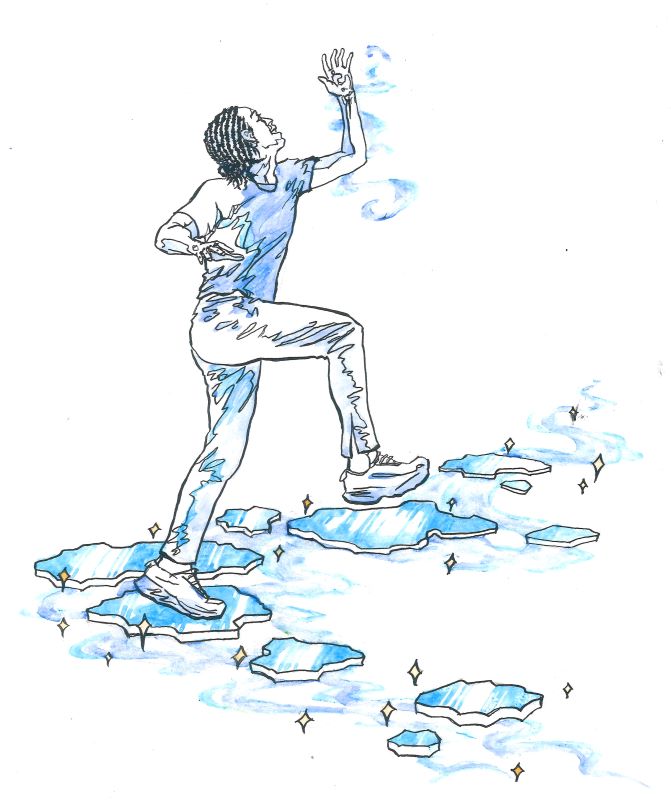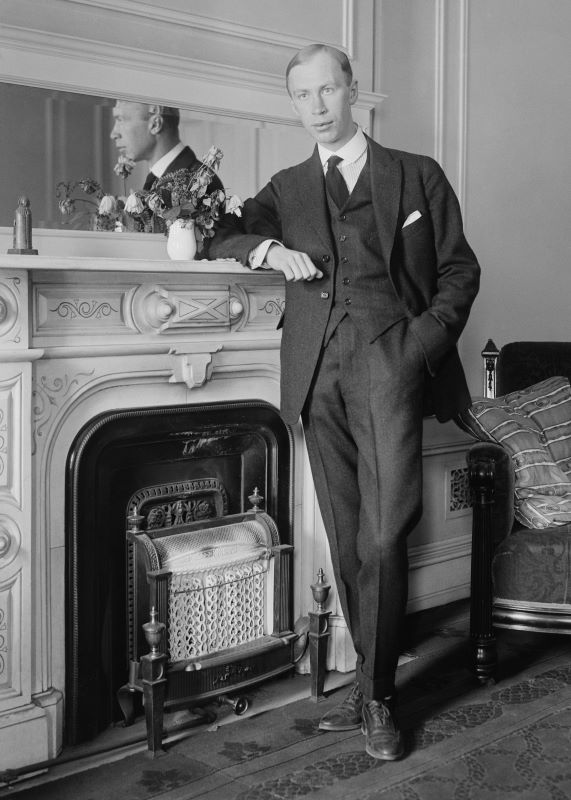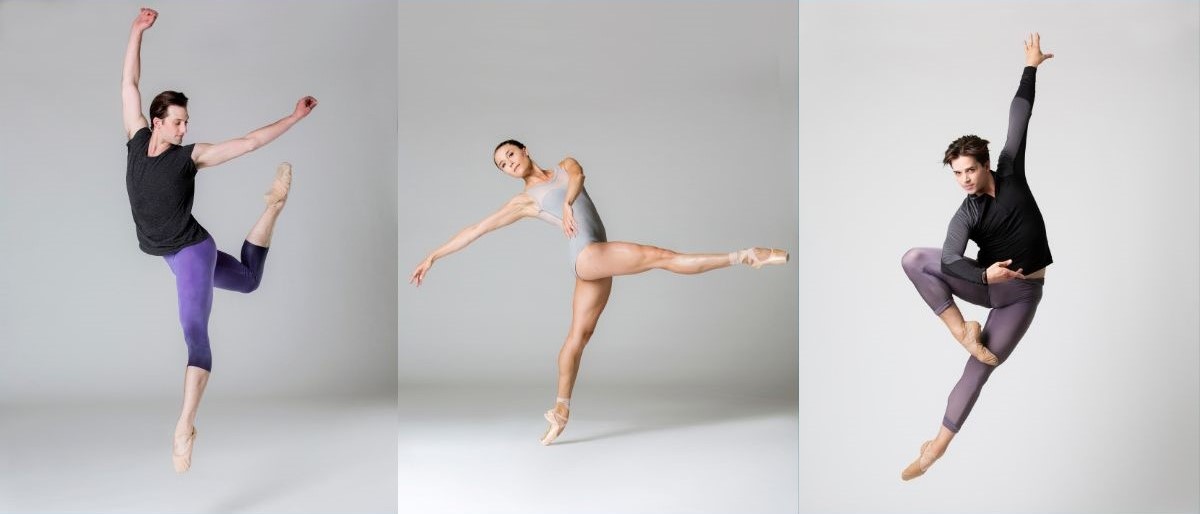
The America I know is a paradox, defined by the contrasting experiences of my daughter and my mother.
My daughter, at the age of 11, attends a school that embodies and embraces inclusivity, diversity and tolerance. She openly debates politics with her friends, many of whom are also 4th generation mixed-race kids. Watching and listening to them, the future is without barriers, the world is their oyster and this country shines as a land of opportunity.
My mother, at the age of 11, was taken from her home in Portland, Oregon, by the United States government—her government. She and her family spent the next three years of their lives in barbed wire enclosed encampments in Tule Lake, California, and later at the Minidoka War Relocation Center in Jerome, Idaho. Her world consisted of old barracks, dirty latrines, communal showers, cots, mutton, armed guards, confusion and fear. Homes and jobs lost, families separated, so-called inalienable rights, denied. The future was in question and barriers loomed high.
This manifest injustice notwithstanding, my mother’s compass never faltered. She has forever possessed a quiet yet profound sense of justice, righteousness and also hope. By her words and example she passed these traits on to me, and I aspire to do the same for my daughter. When I see my mother and daughter together, I see kindred spirits born into different worlds—bookends to the continuum of the American experience that I know. And when I see them together, my sadness and anger conjured by America of the past is overcome by my hope for America of the future.
- Read more American Stories.
- Share YOUR American Story and we’ll publish it on the PNB Blog.
- Come see American Stories at PNB, June 3-12


